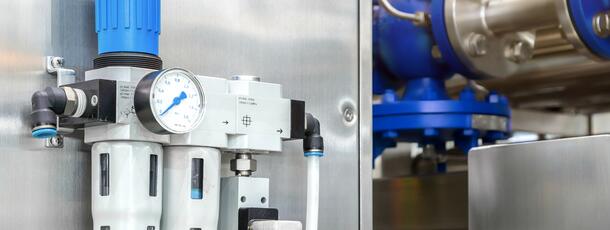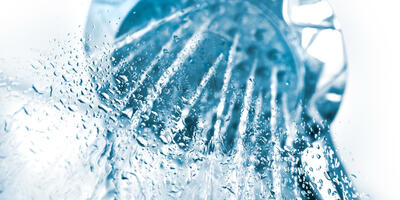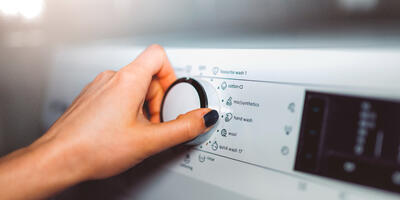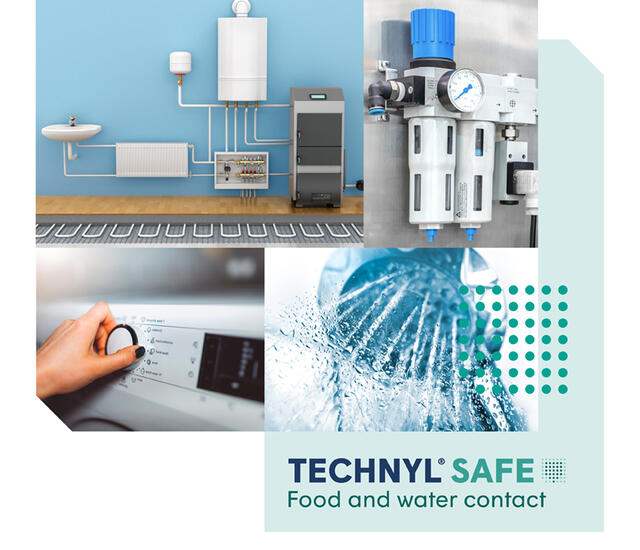Using DOMO’s TECHNYL® SAFE range in water system designs ensures systems are lead-free and compliant with water regulations. It also means significant system savings compared to the high cost of processing and machining new brass alloys and the high environmental impact of end-products manufactured in foundries.
In these systems, long term dimensional stability, mechanical properties, and resistance to chlorine at ambient temperatures are required. The chlorine concentration levels can significantly influence the long-term resistance to oxidative degradation of engineering plastics based on aliphatic PA if not properly stabilized and could affect the reliability of the water meter’s performance during its lifetime.
Water meters are normally expected to last over 20 years and they need to be metrologically reliable and resistant to cracks and failure over such a lifetime. With an average consumption per household (comprising four people) of around 200m3 of water per year, some 4000m3 of water will pass through a meter over its lifetime.
Premature failure must be avoided because of the high replacement costs (normally water meters are wall cased).
Drinking water typically has a chlorine content of 0.5 ppm. One of the standard tests DOMO performs on water meters involves the use of water with a chlorine content of 10 ppm, flowing through the meter at a rate of 0.7m3/h for up to 1500h.



